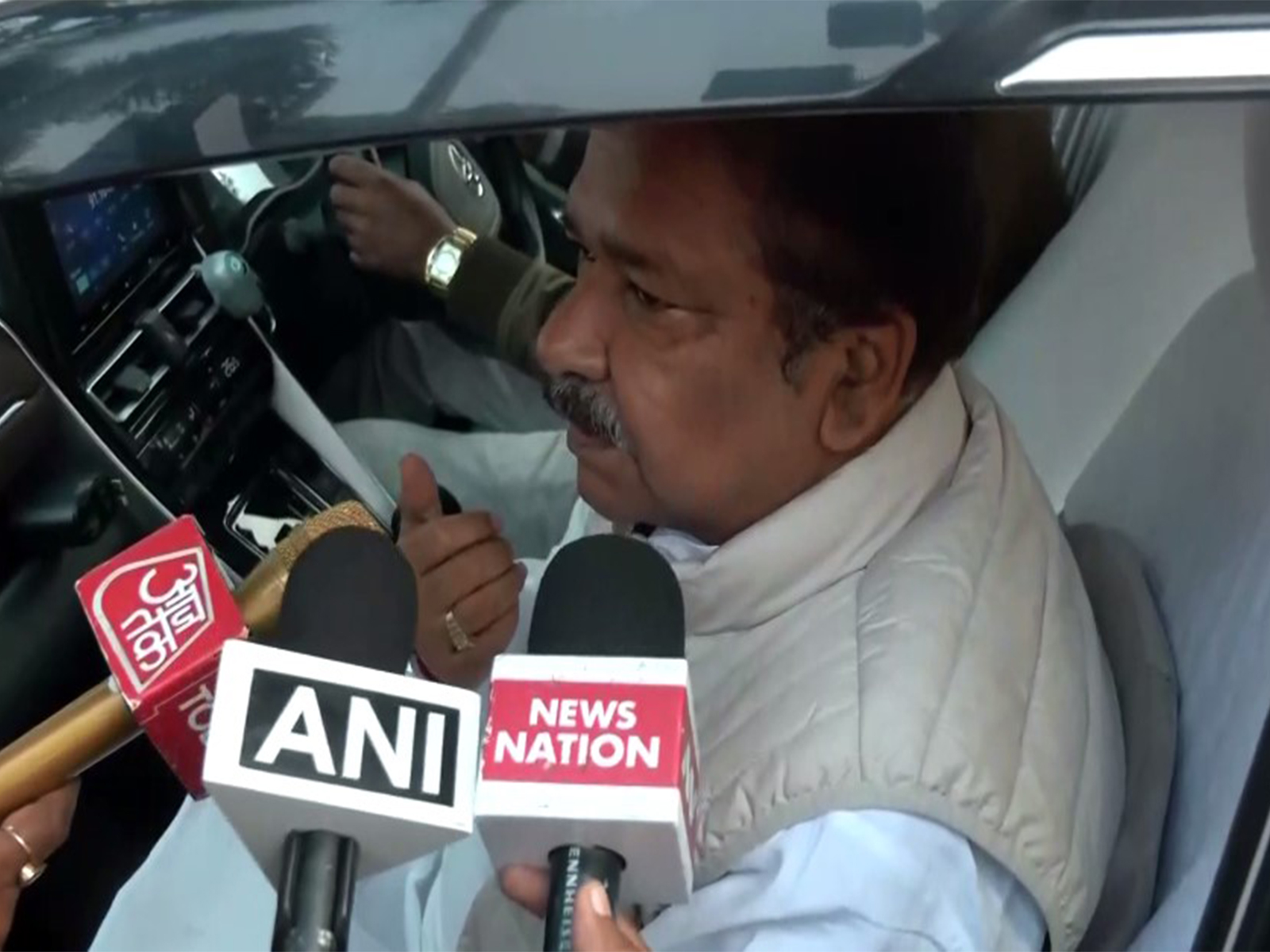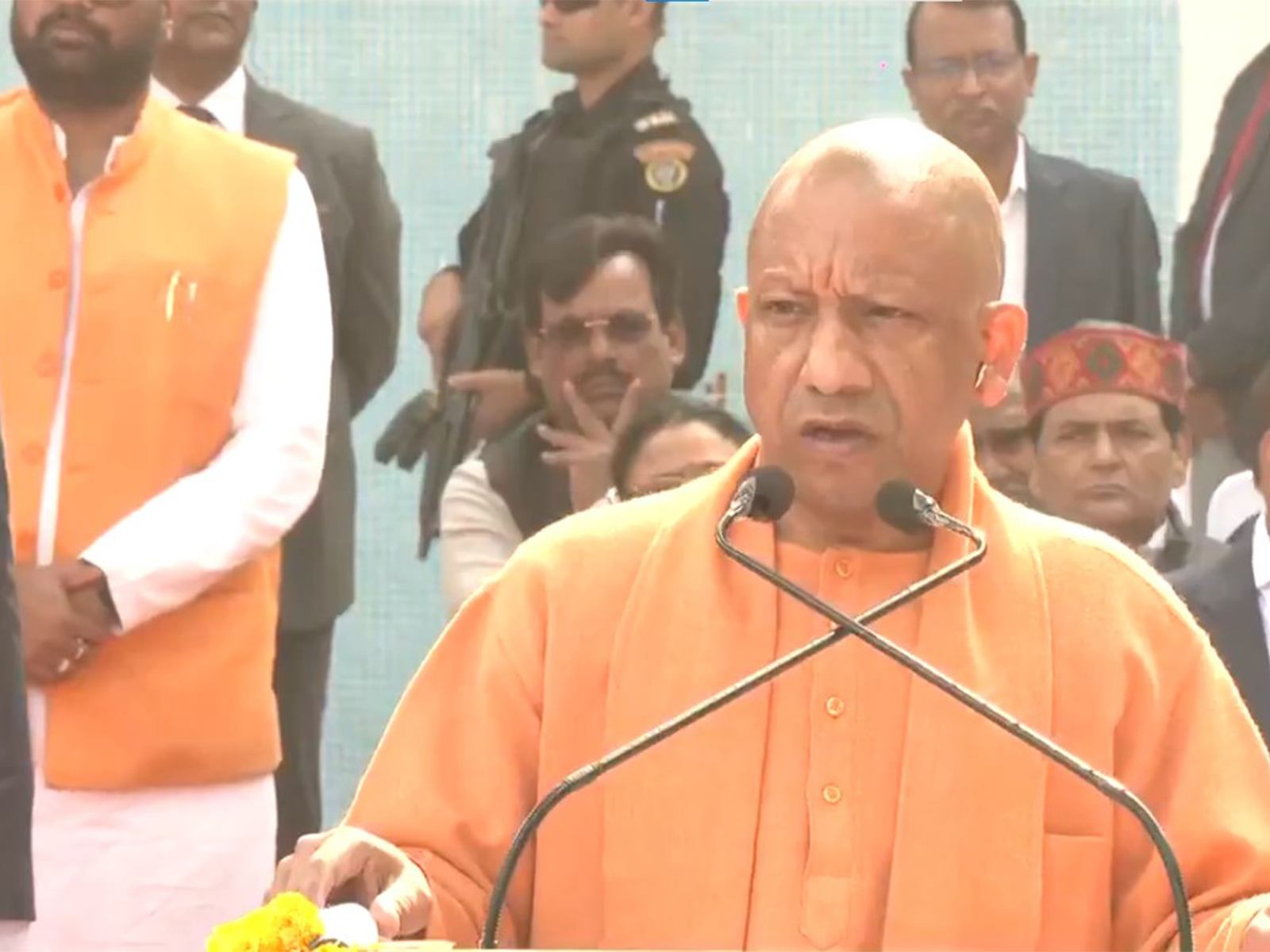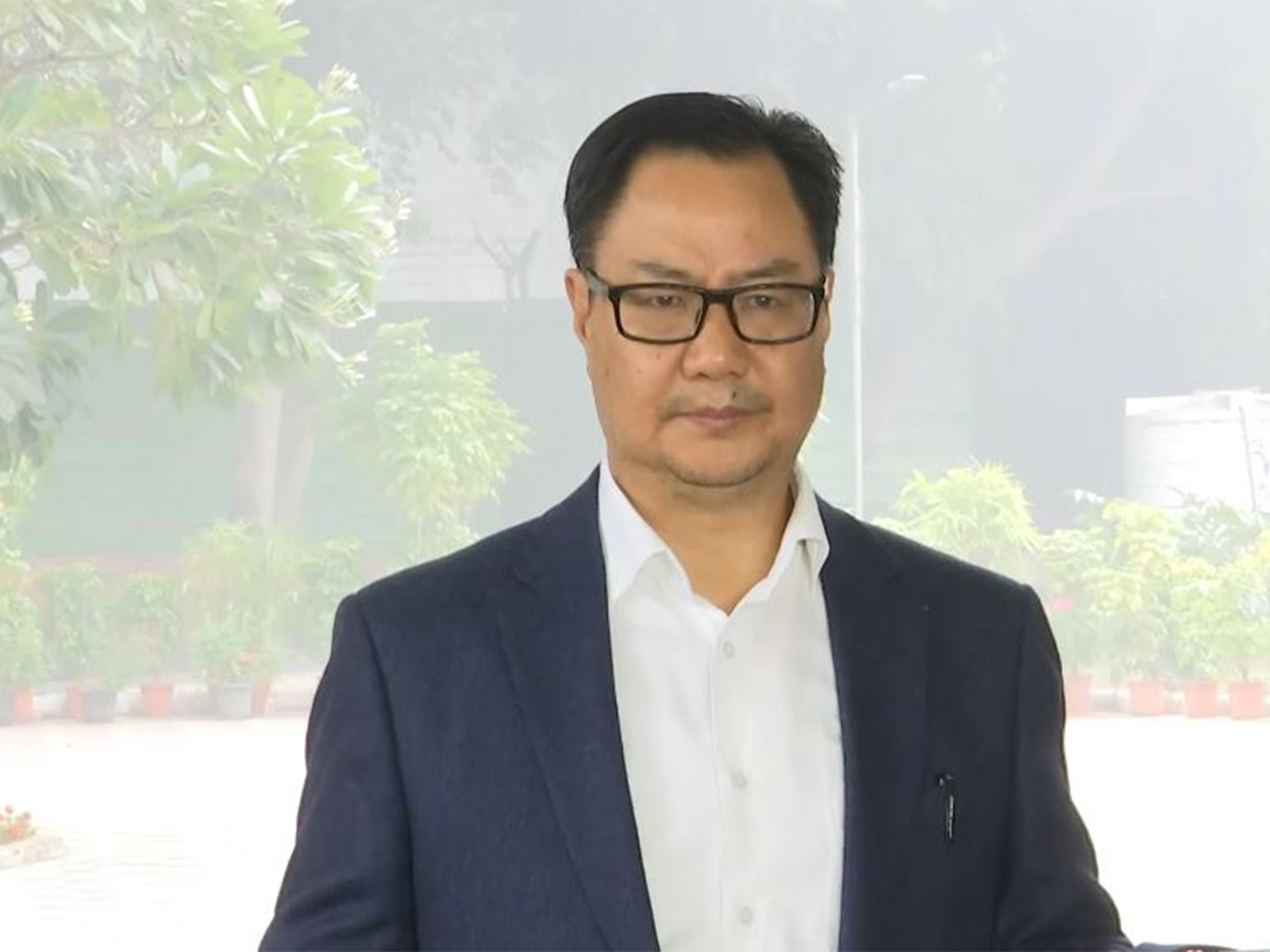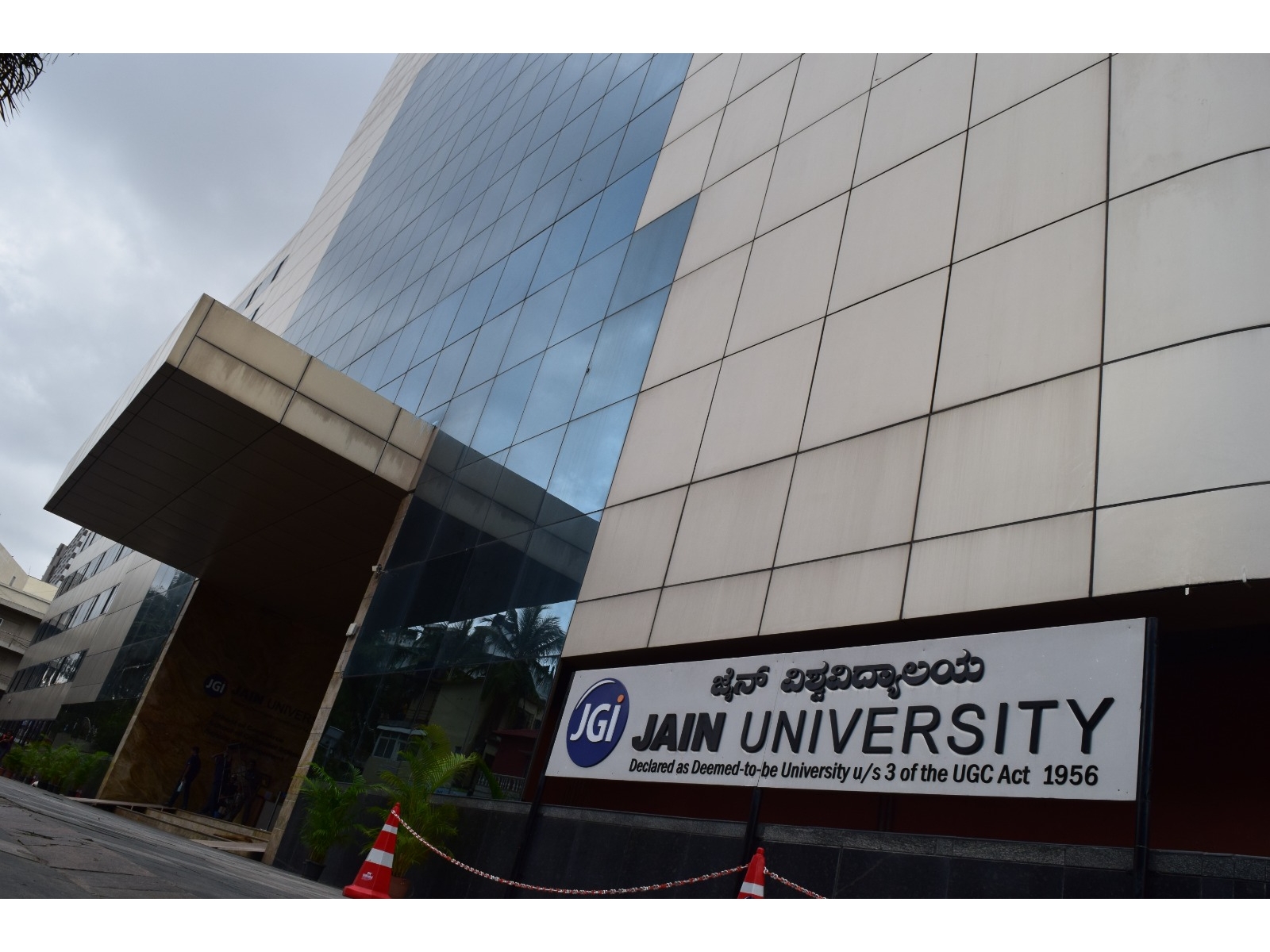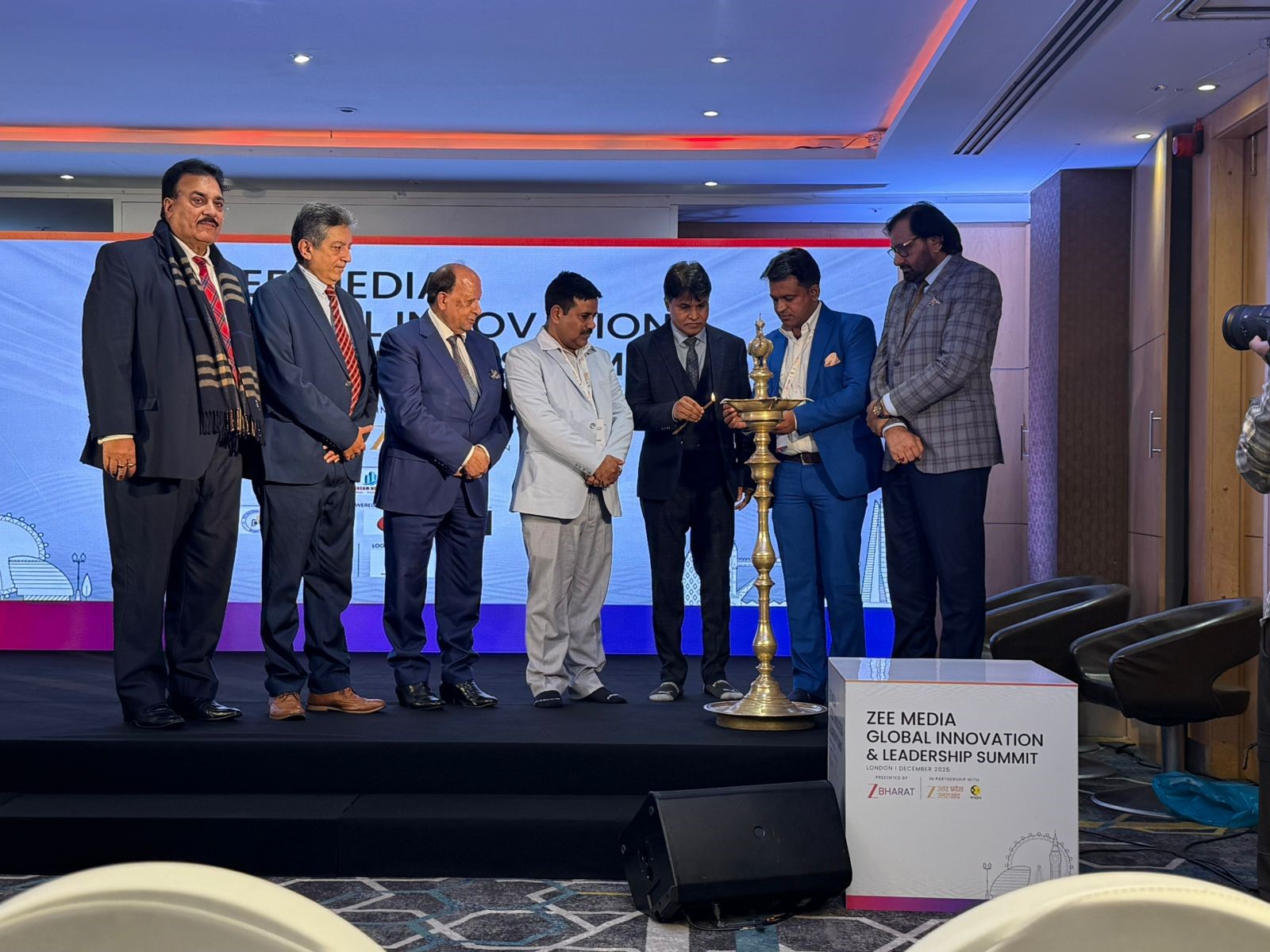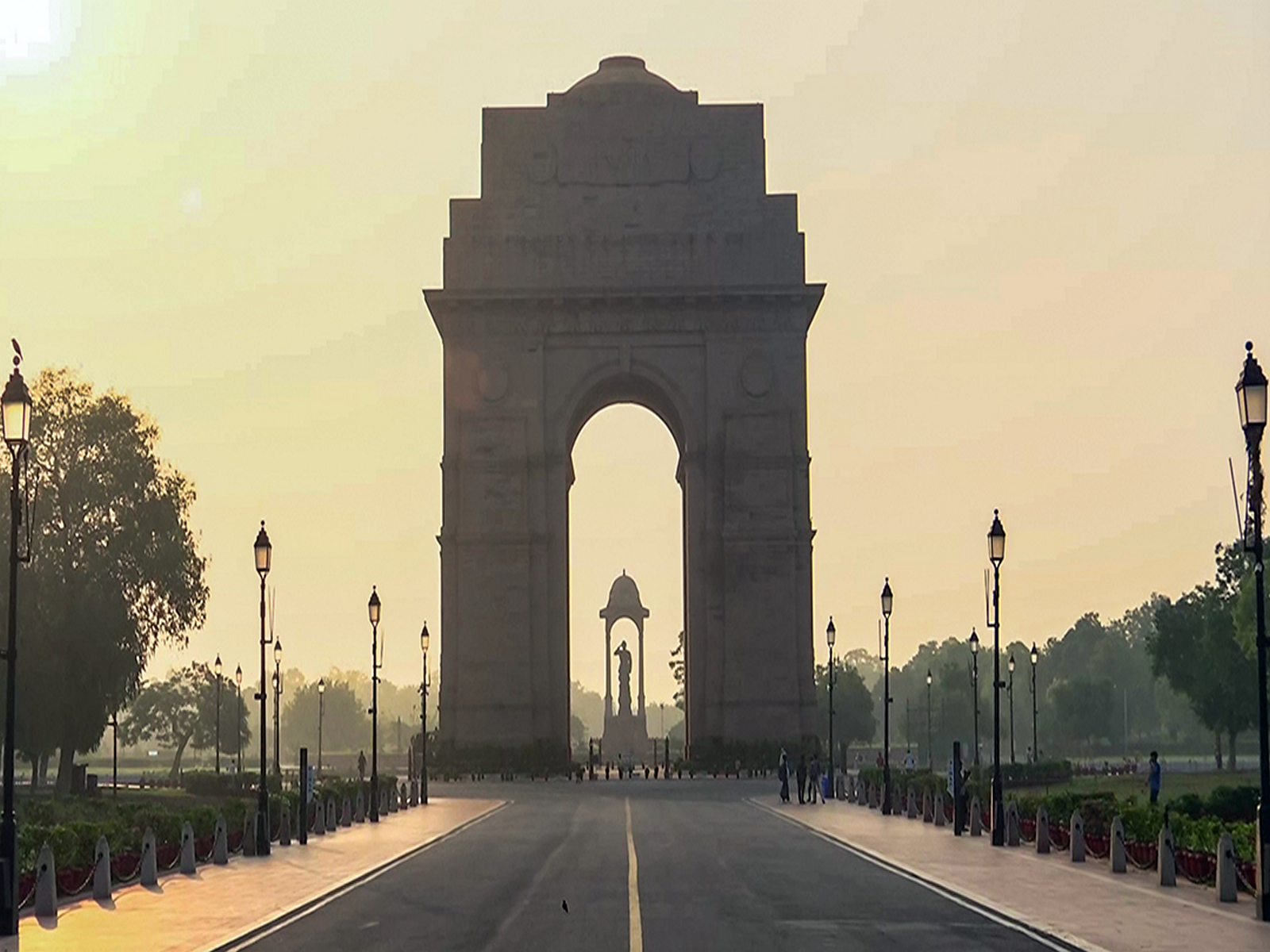Delhi HC to pass judgement tomorrow on petitions seeking criminalisation of marital rape
May 10, 2022

New Delhi [India], May 10 : The Delhi High Court is scheduled to pass judgement on Wednesday on several petitions related to criminalisation of marital rape. The bench of justices Rajiv Shakdher and C. Hari Shankar had kept the order reserved in February this year.
The high court was hearing a bunch of public interest litigations filed in 2015 by non-profit RIT Foundation, All India Democratic Women's Association and two individuals who sought to strike down the exception in Indian rape laws on the grounds that it discriminated against married women who were sexually assaulted by their husbands.
Centre earlier had stated that considering the social impact involved, intimate family relations being the subject matter, and this Court not having the privilege of being fully familiarised with ground realities prevailing in different parts of society of this large, populous and diverse country, taking a decision merely based upon the arguments of a few lawyers may not serve the ends of justice.
The Centre had also said that the government of India is committed to fully and meaningfully protect the liberty, dignity and rights of every woman who is the fundamental foundation and a pillar of a civilized society. The matter, therefore, needs a comprehensive approach rather than a strictly legal approach, the government said.
The Central Government in 2017's affidavit opposed the plea demanding criminalisation of marital rape. On the contrary, the government, in its fresh affidavit filed on January 12 2022, said that they have sought suggestions from various stakeholders as the government is in process of making comprehensive amendments in criminal laws.
Amicus and Senior Advocate Rebecca John on the matter had told the Delhi High Court that there can be a legitimate expectation regarding sex in a marriage, but it cannot lead to forcible sex with wife.
"There can be an expectation but expectation cannot lead to forcible sex with your wife," said senior advocate Rebecca John, who is appearing as amicus curiae in the matter relating to marital sex.
Senior Advocate Rebecca John, Amicus Curiae in the matter, submitted before the court that if a married woman can be subjected to sexual intercourse without her consent, then Exception 2 must be viewed as an instrument of oppression.
"And if that consequences, intended or unintended is that a married woman can be subjected to sexual intercourse without her consent then it is my submission that the Exception 2 must be viewed as an instrument of oppression," she argued before Delhi High Court.
Appearing for Men Welfare Trust (MWT), Advocate J Sai Deepak had submitted that the judiciary have to restrain themselves while exercising powers of judicial review and they cannot direct the Parliament to make particular kind of enactment. He also argued that the Courts have a limited role on the aspect of policy and judiciary has larger role on the issue of civil liberties. He has cited various judgements that the court shall not intervene with the issues and concluded his submission saying that the Lakshman Rekha has to be drawn in light of the judgements cited by him.
The court was hearing a batch of petition including by the NGOs RIT Foundation and All India Democratic Women's Association who have challenged an exception to section 375 to the Indian Penal Code.
